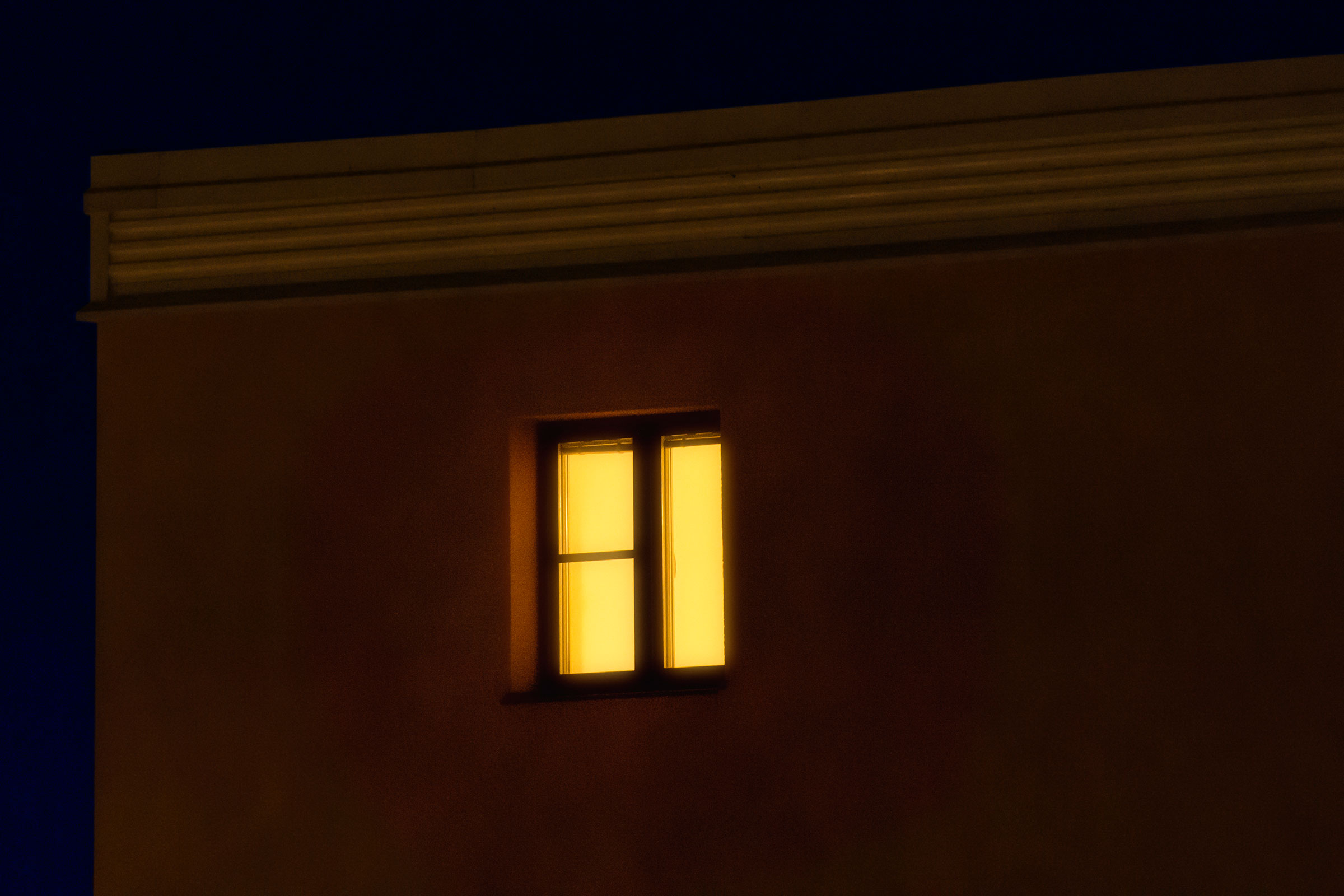When my husband began to show symptoms of COVID-19, about a week after we found out one of his coworkers on a building site in New York City had a positive test, I wasn’t particularly worried. He’s a middle-aged, athletic, healthy guy. Our kids live elsewhere. We would just hunker down for a few days and get through it together.
After all, the pandemic has forced many people to do work that they have traditionally outsourced. Families are homeschooling, cleaning their own homes, cooking more meals, doing their own home repairs. Even if nobody in their home has fallen ill, people have had to behave more like health workers, by maintaining a hygienic environment, avoiding contamination and wearing protective garb. So, big deal, I would get to be a nurse for a while. (I had symptoms too, but they were much milder.)
Admittedly, the talents nursing requires—compassion, patience, the ability to offer comfort—are not my strong suits. My skillset lies more in pestering people and being prepared to make them uncomfortable. The only medical skill I’ve ever mastered is making a bed with hospital corners. But I knew it would be impossible to get a test in New York City; only hospitals were administering them at the time and overwhelmed medical staff didn’t want anyone there unless they were having difficulty breathing. I knew going to see a doctor was out of the question. Going to the pharmacy was also out of the question. In fact, for probable coronavirus carriers, stepping outside the front door was out of the question. I felt we could manage on our own.
Keep up to date with our daily coronavirus newsletter by clicking here.
I was wrong. I soon discovered our many shortcomings, which included maintaining a home without a working thermometer. And failing to keep the supply lines of Tylenol intact. I didn’t really even have a personal physician, because we just used the local clinic. In normal times, these were small oversights, easily addressed within 24 hours. During a pandemic, they were disastrous.
Despite these deficiencies, I didn’t want to let anybody know too many details of my situation. I felt a little ashamed of catching the virus, even though my husband probably got it before the lockdown. Part of it was a fear of ostracism. But mostly, there was pride. We were immigrants to New York City who had done O.K. We were people who offered assistance, not people who needed it.
One particularly grim night, I awoke to find my husband walking our home in misery, his forehead burning. He was exhausted and couldn’t sleep. He hadn’t had food in days but didn’t want to eat. No identifiable body part hurt, but he felt awful. There was nothing to do but just share the misery. I rubbed his back. We sat in silence. Eventually I figured I might as well remake the bed. That finally helped him get some rest. (Let’s hear it for hospital corners!)
It took me a lot longer to accept my fate than it should have. I needed to ask for help. Actually, I didn’t even need to ask, I just needed to accept the help that was offered. When a colleague gently insisted, against my protests that we were fine, on dropping by with her own thermometer and acetaminophen, and threw in some lemons, bread, vitamin drinks, chocolate and latex gloves, the floodgates broke. She left a bag at the door, waved through the glass, walked away and I realized being alone was not the same thing as going it alone.
This was confirmed when the thermometer read 104.
Here is the skill set that is useful in both journalism and the caregiving professions: a willingness to relentlessly pursue people for information. All the telemedicine lines I tried had very long wait times. So I texted a nurse in Tennessee we had once house-swapped with, but whom I’ve never met. In the wee hours of the morning, I called a high school friend from Australia, where it was mid-afternoon. I emailed a kidney specialist neighbor three floors up, even though the only correspondence we’d had previously was when I “accidentally” took her newspaper.
Mostly what these friends and strangers told me was that I was doing what could be done: Keeping up the fluids, trying to keep the fever in check, monitoring the breathing. They helped me make a plan for what to do if things got worse. While my husband slept I occasionally counted his breaths—one doctor told me that more than 25 a minute meant he may be struggling to get enough oxygen. I made a record of his temperature and noticed when it seemed to rage (evenings). The panic subsided and was replaced by a routine. And eventually, after about 10 days, he began to get better.
Possibly, we would have come through it without help, but I wouldn’t have wanted to. One of the most indelible lessons of this scary time is that you can survive alone, but you need others to flourish. The most dangerous pre-existing condition my husband and I had for fighting the virus was our devotion to self-sufficiency. Independence can be its own kind of social isolation.
Please send any tips, leads, and stories to virus@time.com.
- Introducing the 2024 TIME100 Next
- The Reinvention of J.D. Vance
- How to Survive Election Season Without Losing Your Mind
- Welcome to the Golden Age of Scams
- Did the Pandemic Break Our Brains?
- The Many Lives of Jack Antonoff
- 33 True Crime Documentaries That Shaped the Genre
- Why Gut Health Issues Are More Common in Women
